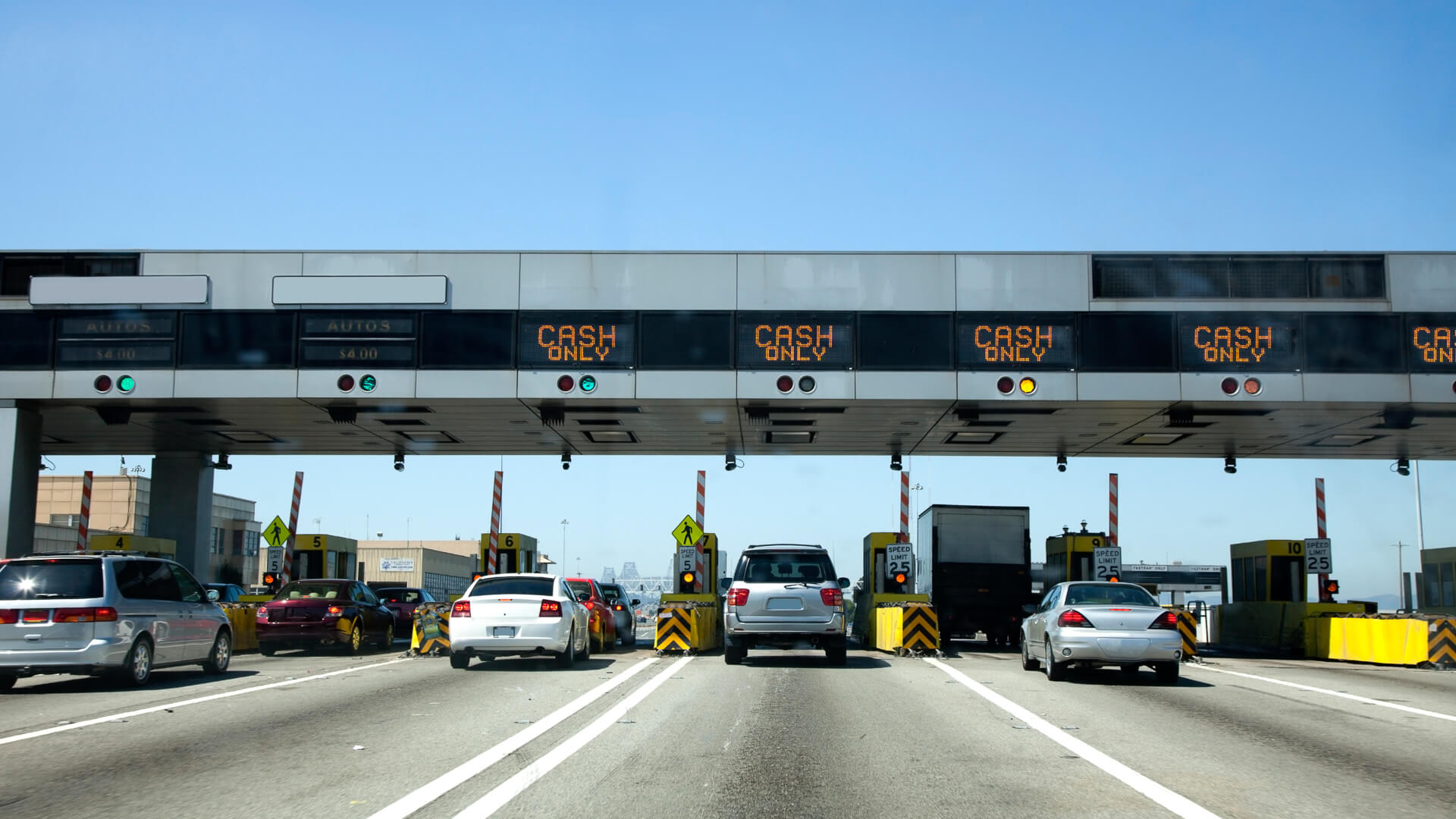Understanding the Importance of Travel Insurance
Travel can be an exciting and rewarding experience, but it also comes with its share of uncertainties. Whether you’re planning a vacation or a business trip, there are countless factors that could disrupt your plans. What if you fall ill just before your departure? What if a natural disaster forces you to cancel your cruise? Or what if you need to take an emergency flight home due to an unexpected situation? These scenarios can be stressful and financially burdensome, which is why many travelers consider purchasing travel insurance.
Types of Travel Insurance
There are various types of travel insurance available, each designed to cover different aspects of your journey. Some common options include medical coverage, evacuation assistance, baggage protection, flight insurance, and most importantly, cancellation or interruption insurance. While all these types can be useful, one stands out as particularly valuable for most travelers: cancellation and interruption insurance.
According to travel expert Rick Steves, this type of insurance offers significant benefits. He explains that while it may cost a small fraction of your overall trip cost, it can provide peace of mind by protecting you from financial loss in case of unforeseen events. Cancellation insurance covers situations where you are unable to start your trip at all, while interruption insurance reimburses you for expenses you’ve already paid for, such as hotel stays or tour bookings, if you have to cut your trip short.
Key Considerations When Choosing Insurance
When selecting travel insurance, it’s essential to understand what is covered and what is not. Different policies have varying terms and conditions, so it’s important to read the fine print carefully. For instance, some policies may not cover pre-existing medical conditions, especially if they are discovered after the policy is purchased. Additionally, certain events like terrorist incidents or mental health concerns might not be included in the coverage.
Another important factor to consider is the timing of your purchase. Rick Steves recommends getting coverage within a week of making the first payment for your trip. Policies purchased later than the designated cutoff date—usually between 7 to 21 days—may not cover certain risks, such as the bankruptcy of a tour company or airline. It’s also wise to check if your credit card provides any additional coverage, as some cards offer travel insurance as a benefit.
Additional Coverage Options
In addition to cancellation and interruption insurance, there are other types of coverage worth considering. “Cancel for any reason” insurance allows you to receive a significant portion of your money back, regardless of the reason for cancellation. This can be especially useful if you’re unsure about the stability of your travel plans.
Trip delay insurance is another option that can help in case of unexpected delays, such as flight changes or weather-related disruptions. This type of insurance can cover extra expenses like hotel rooms, meals, and even unused accommodations due to late arrivals.
Final Tips for Travelers
Before finalizing your insurance plan, make sure to ask the insurance company about what is excluded from the coverage. Common exclusions may include adventure sports, disease outbreaks, and certain high-risk destinations. It’s also important to note that travel insurance may not assist if you’re detained at the U.S. border, so it’s wise to check if this is a concern for your specific travel itinerary.
By understanding the different types of travel insurance and carefully evaluating your needs, you can make an informed decision that protects both your investment and your peace of mind. Always review the policy details thoroughly and consult with the insurance provider to ensure you have the right coverage for your trip.



